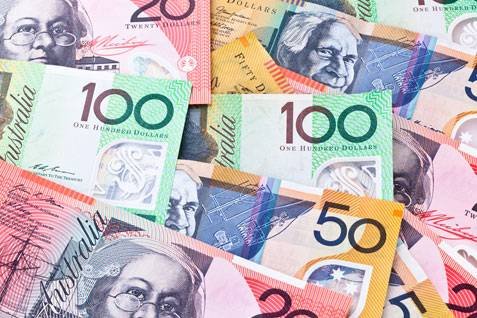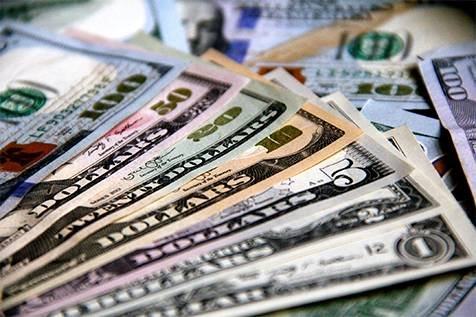The Australian dollar has slumped to its lowest level in five years as financial markets react to the latest trade measures imposed by former U.S. President Donald Trump. The unexpected announcement of fresh tariffs on key U.S. trading partners has intensified global economic uncertainty, sending shockwaves through currency, commodity, and stock markets.
The tariffs, which target a wide range of imports from China, Canada, Mexico, and the European Union, are designed to protect American industries. However, the move has escalated fears of a prolonged trade war, forcing investors to retreat from risk-sensitive currencies like the Australian dollar. The currency’s value plummeted by 2.1% against the U.S. dollar, marking its steepest decline in years.
Trade Tensions and Global Market Reactions
Global financial markets are experiencing turbulence as investors assess the potential economic fallout from the tariffs. Stock indices across Asia, Europe, and North America have reacted sharply, with significant declines recorded in Australia’s S&P/ASX 200 and the U.S. Dow Jones Industrial Average.
Market analysts believe that the tariffs could severely disrupt global trade, leading to slower economic growth and heightened inflationary pressures. Many countries have already signaled retaliatory measures, which could further unsettle markets. The uncertainty surrounding trade policies has prompted investors to seek safer assets, pushing gold prices higher while causing sharp declines in industrial commodities like copper.
Impact on Australia’s Economy and Businesses
For Australia, the depreciating dollar presents both challenges and opportunities. On one hand, a weaker currency means higher costs for imported goods, which could put additional strain on businesses and households already grappling with inflation. Consumer products, electronics, and fuel are expected to become more expensive, potentially reducing purchasing power.
On the other hand, a lower Australian dollar could benefit exporters, particularly those in agriculture, mining, and manufacturing. Australian goods and services become more competitively priced in global markets, which may provide a much-needed boost to sectors reliant on international demand. However, economic gains from exports could be overshadowed if global trade tensions escalate further and reduce overall demand.
Financial Policy and Market Outlook
The Reserve Bank of Australia (RBA) is closely monitoring the situation, with speculation mounting that it may adjust interest rates to counteract the economic strain. If the currency continues to weaken and inflationary pressures increase, the RBA could consider lowering interest rates to support the economy.
Financial experts warn that continued volatility in global markets could have long-term consequences. Persistent uncertainty may deter foreign investments, slow economic growth, and erode consumer confidence. The effects of Trump’s tariffs are being felt worldwide, with central banks and policymakers under pressure to mitigate risks and stabilize financial conditions.
What’s Next for Australia and the Global Economy?
As tensions between major economies escalate, businesses and investors are bracing for further disruptions. If retaliatory tariffs are introduced, global supply chains could be severely impacted, affecting industries ranging from technology to agriculture. Economic analysts are urging businesses to adopt cautious strategies, manage currency risks, and prepare for potential changes in international trade policies.
Despite the challenges, some experts believe that diplomatic negotiations may eventually ease market fears. Governments and trade organizations may seek to de-escalate tensions through revised trade agreements and policy adjustments. Until then, the financial markets will likely remain volatile, with the Australian dollar facing continued pressure in the face of global uncertainty.
Get the latest updates on Energy, Construction, Engineering, and Cryptocurrency. Join us on WhatsApp or Telegram for real-time news. Have a report or article? Send it to report@epci.ng. Follow us on X (Twitter), Instagram, LinkedIn, and Facebook for more industry insights.







Leave feedback about this